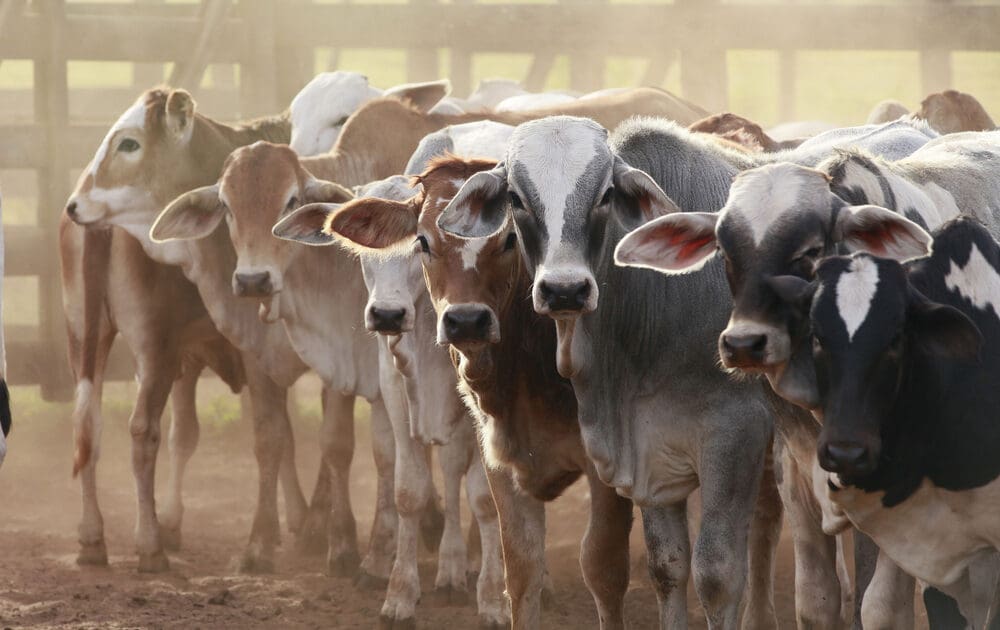Your Red Meat Addiction is Killing More Than Just the Cow: Widespread Extinction Linked to Beef Production

While you may be blissfully indulging your red meat addiction, the World Health Organization is expected to announce a strong link between red meat consumption and cancer. But there’s another sobering reason to steer clear of eating animals: It’s the leading cause of wild plant and animal extinction.
That’s the finding of a study published in the current issue of the journal Science of the Total Environment. Researchers suggest that eating animal products, particularly beef and other red meats, has a tremendous impact on the planet’s biodiversity through clear-cutting forest land to raise livestock and the crops that feed the animals.
“It’s a colossally important paper,” Gidon Eshel, a geophysicist at Bard College in Annandale-On-Hudson, New York, who studies how human diets affect the environment, and who was not part of the study, told Science Magazine. “Now we can say, only slightly fancifully: You eat a steak, you kill a lemur in Madagascar. You eat a chicken, you kill an Amazonian parrot.”
Researchers looked at previous studies that had identified the world’s “biodiversity hotspots,” reports Science. The research team, led by Brian Machovina, an ecologist at Florida International University in Miami, looked at regions, mostly in the tropics, that are likely to expand on industrial livestock operations. The team looked at data from 1985 to 2013 and estimated future expansion, creating maps of overlap.
The largest overlap was seen in “megadiverse” countries that are currently home to the largest number of species, Machovina says. “By 2050, given current trends, these countries will likely increase the lands used for livestock production by 30% to 50%.” Machovina and his team say the loss to habitat is so significant that it will cause more animal extinctions than any other factor. “These changes will have major, negative impacts on biodiversity,” Machovina says. “Many, many species will be lost.”
According to studies the researchers used in this study, more than three-quarters of previously cleared land in the Amazon now serves as either animal pasture or to raise crops such as corn or soy, which are widely used in livestock productions.
Machovina and his colleagues made the simple suggestion of reducing meat consumption to no more than 10 percent of daily caloric intake—and to eat more fruits and vegetables. The research team also suggests skipping beef altogether and replacing it with less intensive animal products, including chicken and fish or plant proteins.
Find Jill on Twitter and Instagram
Related on Organic Authority
The Best Burger Ever: Fake Meat ‘Bleeds’ But Without the Suffering [Video]
The Return of the Vegetarian Cannibal: Mad Cow Disease Discovered in California
Monarch Butterfly May Be Moved to Threatened Species List
Cattle image via Shutterstock

